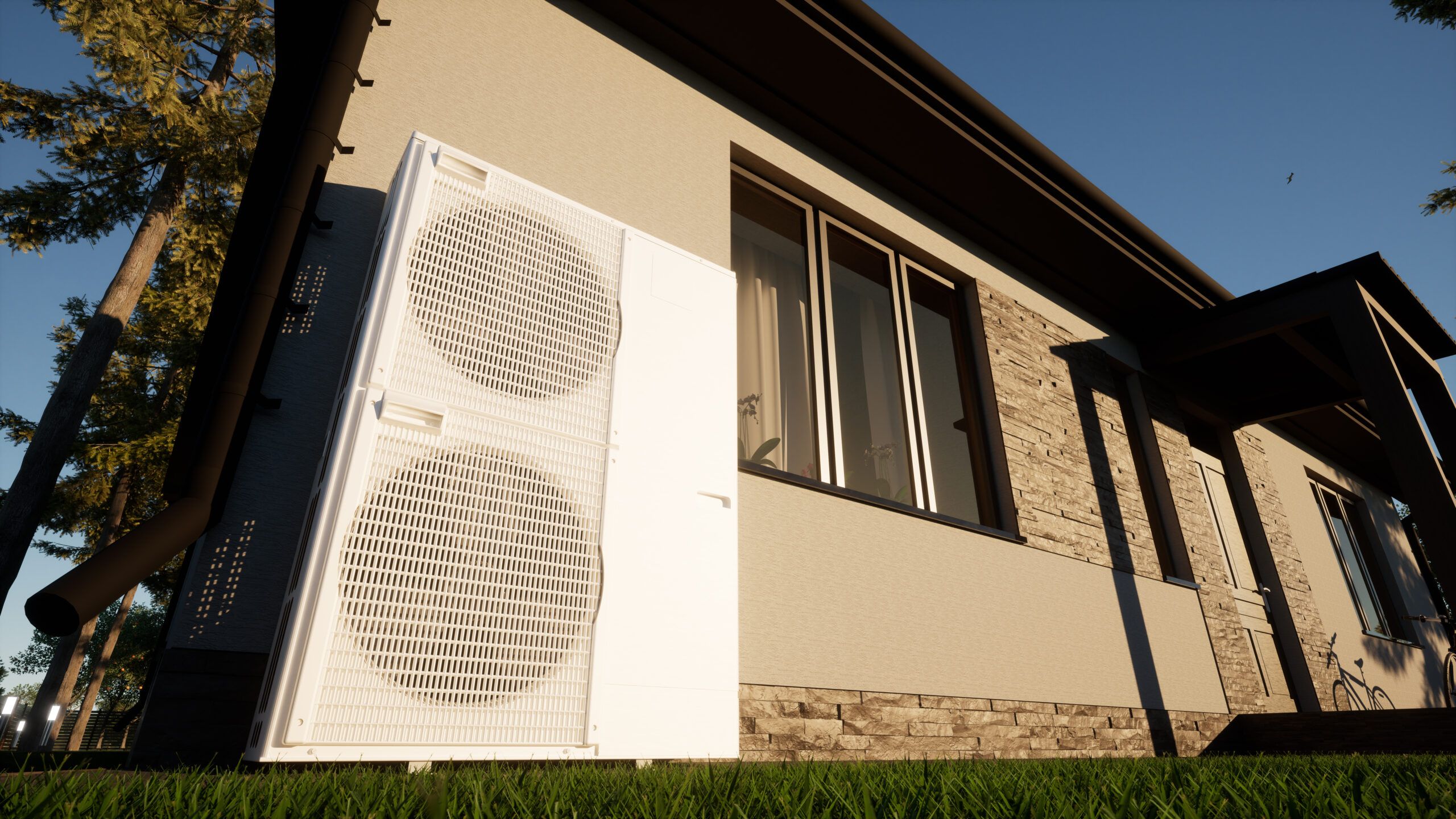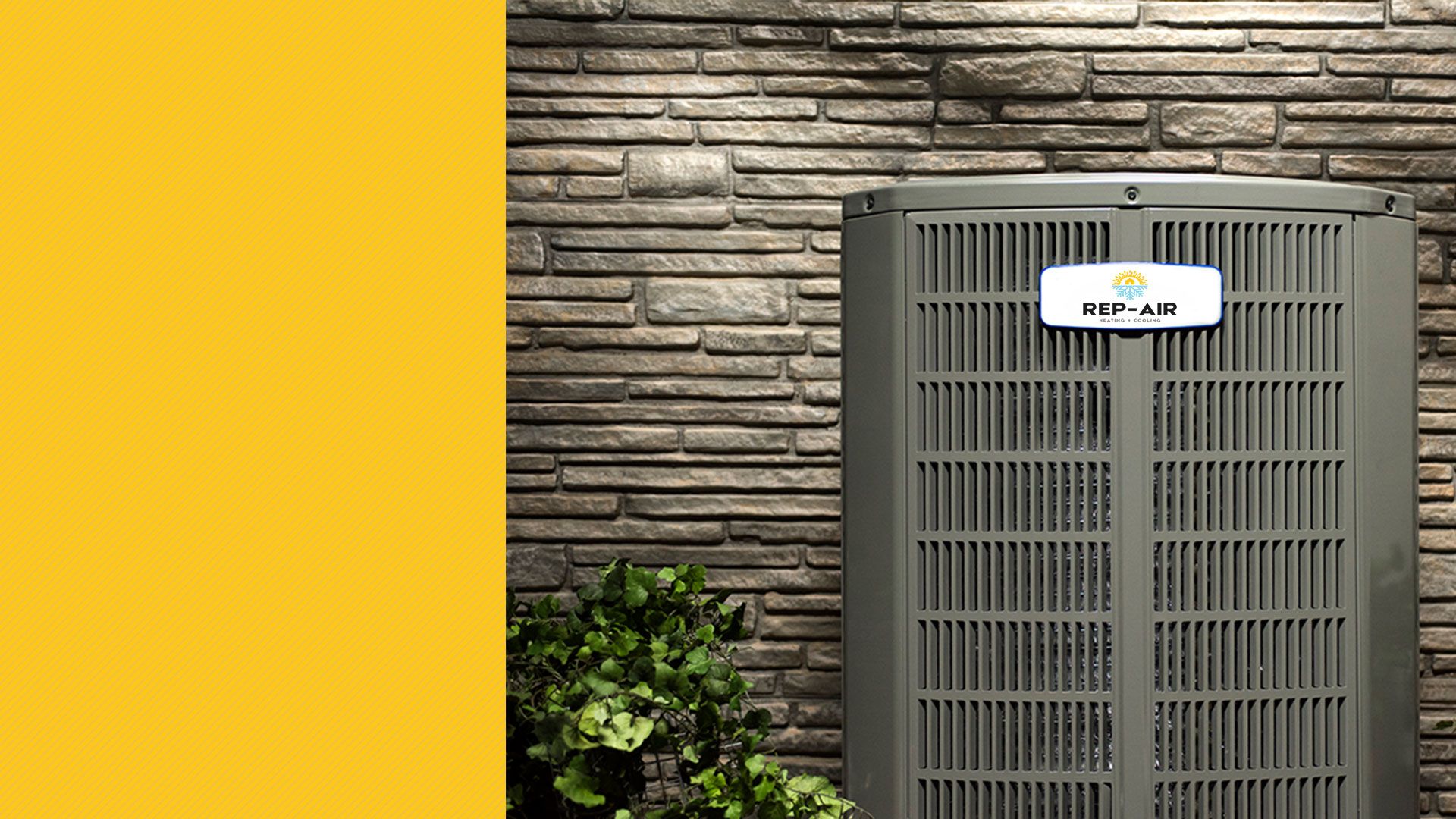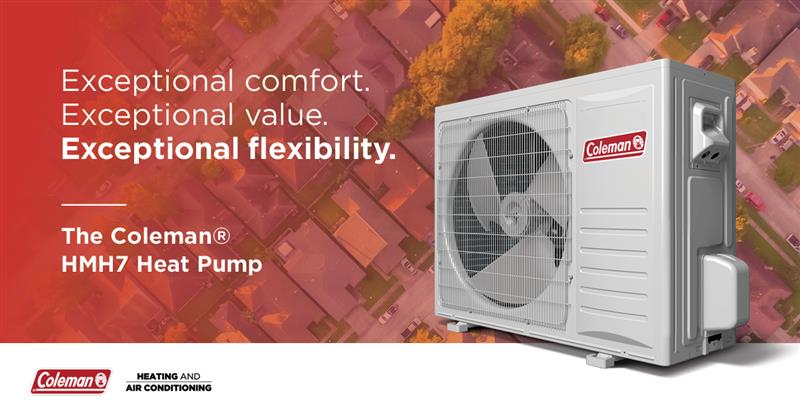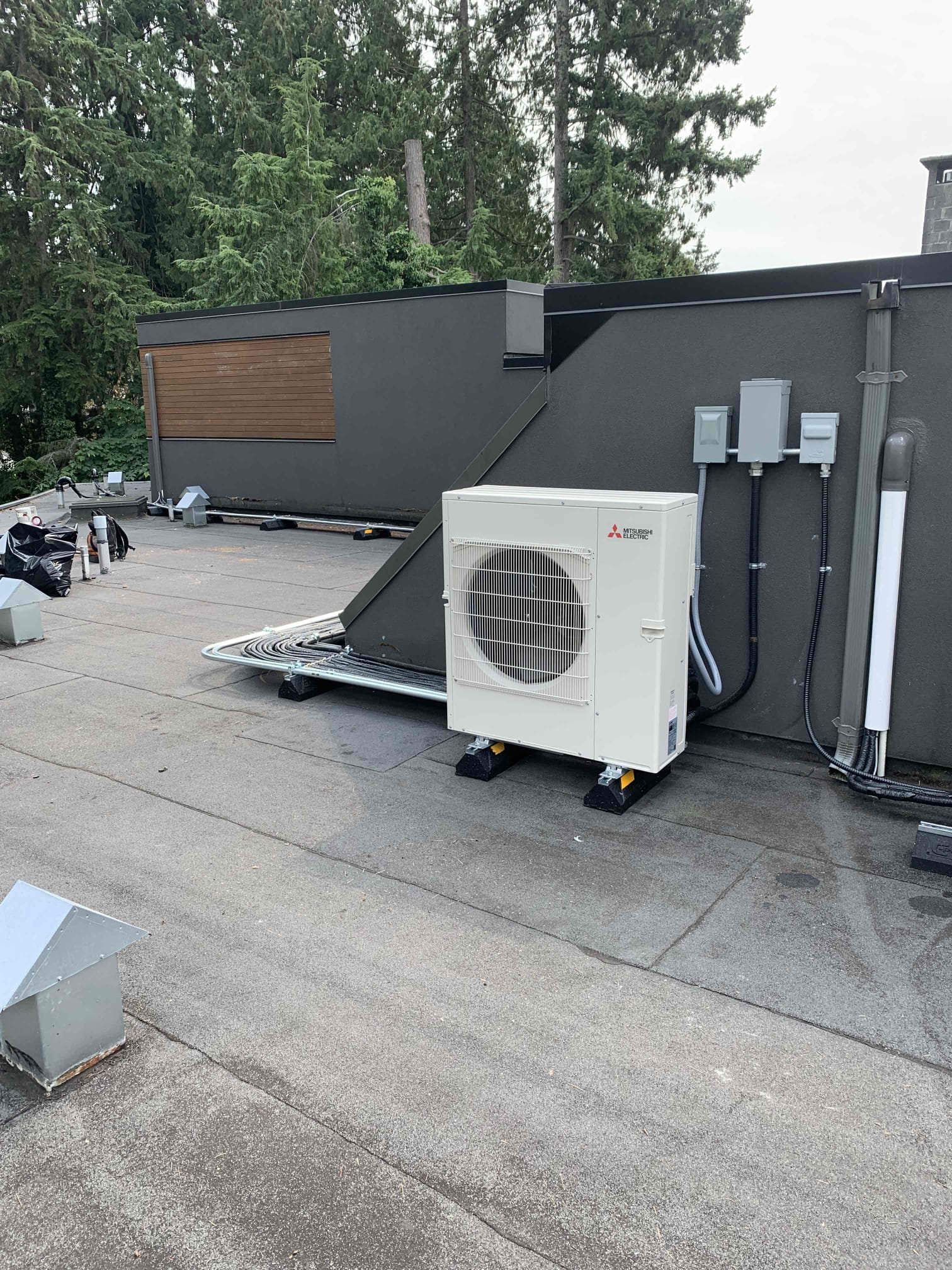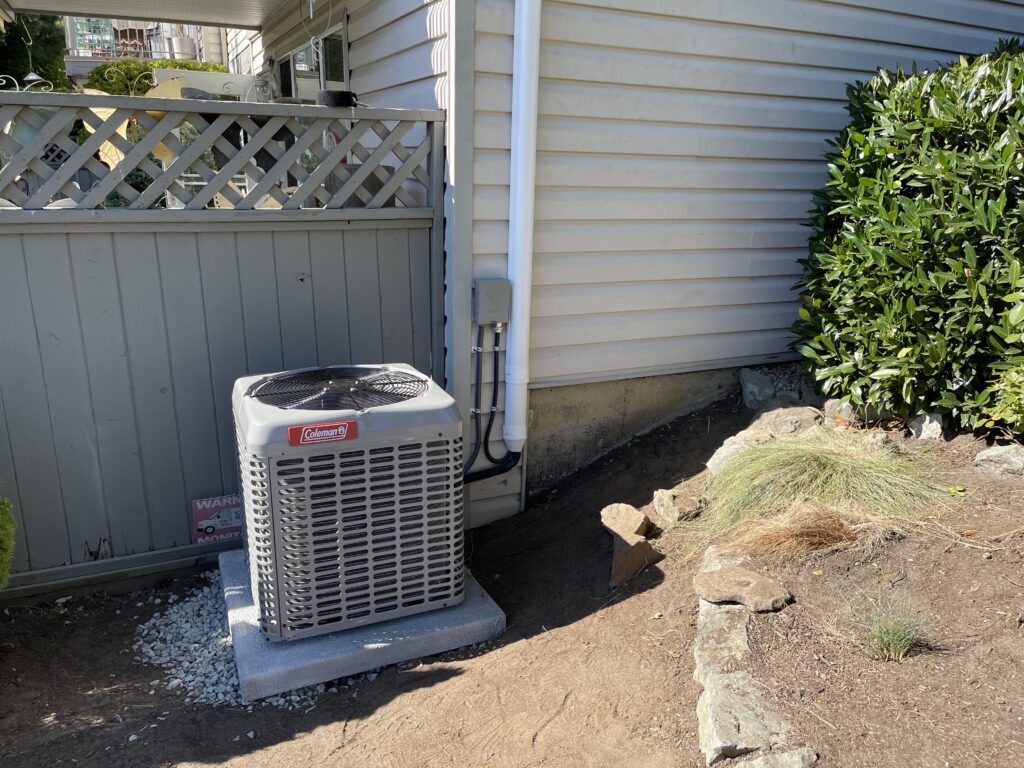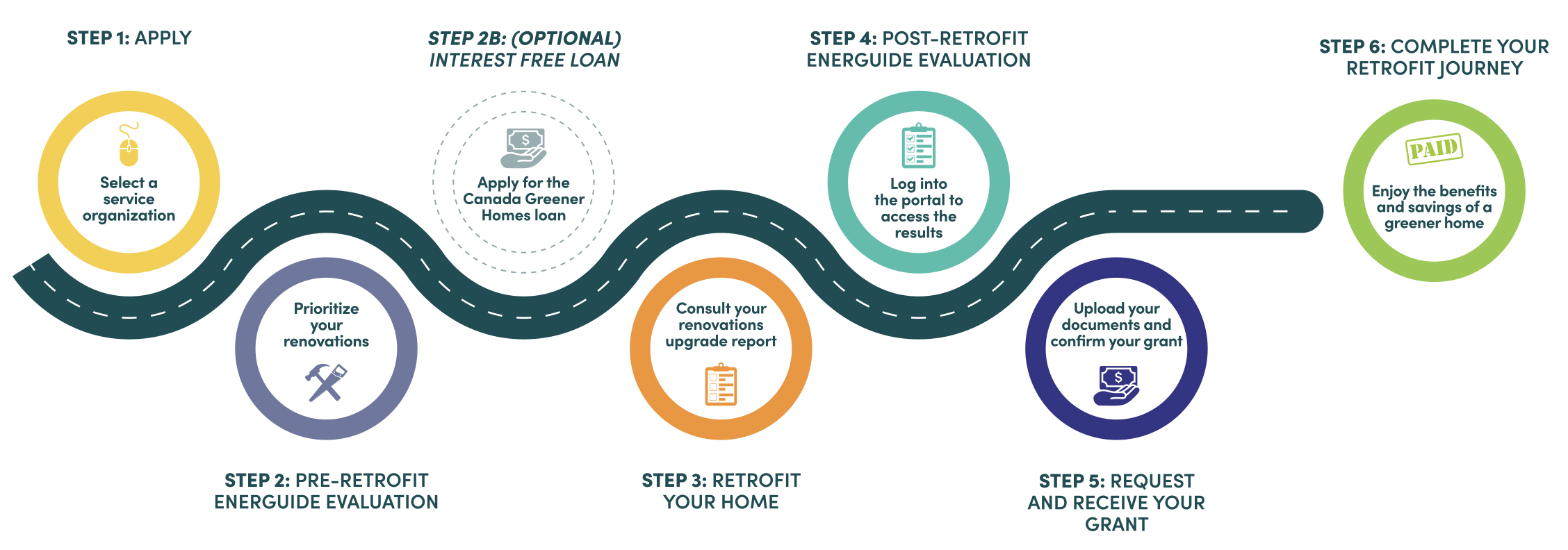Top Benefits of Heat Pumps for Energy Efficiency in Abbotsford Residences
In Abbotsford, where the climate ranges from chilly winters to warm summers, maintaining home comfort efficiently is a top priority for many homeowners. Over the years, we have seen a significant shift towards more sustainable and cost-effective heating solutions, with heat pumps becoming a highly favored option. At our company, we specialize in outfitting homes with advanced heat pump systems that not only meet the unique demands of Abbotsford’s diverse weather conditions but also offer substantial benefits over traditional heating methods.
Heat pumps serve as a two-in-one system that can heat and cool your home, making them an ideal choice for year-round thermal comfort. Unlike conventional heating systems that might struggle with energy-intensive heating or cooling, heat pumps utilize the outside air to regulate your home’s temperature. This method does not just promise significant efficiency—it also aligns with the growing need for environmentally friendly home heating solutions.
By integrating a heat pump into your Abbotsford residence, you’re stepping into a world of optimized energy usage and enhanced indoor air quality. Our skilled professionals are trained to ensure that each installation is tailored to the individual needs of your home, providing you with a reliable, efficient, and sustainable heating solution.
Understanding Heat Pumps: How They Work in Abbotsford Homes
Heat pumps serve as an ideal heating solution in Abbotsford due to their ability to both heat and cool a home efficiently. How they achieve this is quite intriguing. Essentially, heat pumps transfer heat from the outdoors into your home during the colder months and vice versa during the summer. This is achieved through a cycle of evaporation and condensation, utilizing a refrigerant that absorbs and releases heat as it moves between two coils—the indoor and outdoor units.
This process is driven by electricity, which powers the compressor that circulates the refrigerant through the system. Our professionals ensure that each component is tuned to operate optimally, from the coils that exchange heat to the expansion valve that controls the flow of refrigerant. Given the variability of Abbotsford’s climate, having a system that can efficiently manage indoor temperatures is crucial. We focus on installing systems that are tailored to your specific home layout and heating needs, ensuring they perform efficiently throughout the year.
Comparable Savings: Analyzing Heat Pump Efficiency Versus Traditional Heating Methods
Transitioning to a heat pump can offer significant savings, particularly when compared to traditional heating methods like furnaces and boilers that rely on fossil fuels. Heat pumps are dramatically more efficient because they simply transfer heat rather than burning fuel to create it. This leads to less energy consumption, which is not only good for your wallet but also beneficial for the environment.
These savings can be quite substantial over time. While the upfront cost might be higher compared to traditional heating systems, the monthly savings on utility bills will usually offset this initial investment. For instance, our technicians have observed that Abbotsford homeowners can reduce their heating costs considerably by making the switch to a heat pump. We help homeowners understand these potential savings by providing detailed comparisons based on their current energy use and the efficiency of new heat pump models. This clear, factual, and direct comparison aims to give homeowners the information they need to make informed investment decisions about their home heating solutions.
Environmental Impact: Reducing Carbon Footprint with Heat Pumps
Choosing heat pumps for your Abbotsford home not only optimizes your household’s energy consumption but also significantly reduces your carbon footprint. Heat pumps operate by transferring heat rather than generating it through combusting fuels. This distinction is crucial because it results in fewer greenhouse gas emissions compared to traditional heating systems that burn fuel.
As we become more conscious of our environmental impact, switching to heat pumps is a proactive step towards sustainable living. The efficiency of heat pumps is particularly effective in Abbotsford, where the moderate climate enhances the system’s ability to heat and cool homes more naturally, minimizing reliance on electricity or gas and consequently reducing emissions.
Moreover, heat pumps contribute to a more sustainable home environment by maintaining consistent temperature and humidity levels. This stable indoor climate not only benefits the planet but also enhances your living space, making it more comfortable throughout varying seasons. By investing in a heat pump, you take a significant step forward in living more sustainably, reflecting our communal commitment to protecting the environment.
Practical Tips for Abbotsford Homeowners on Maintaining Heat Pump Efficiency
Regular maintenance is key to ensuring the longevity and efficiency of your heat pump. First and foremost, it’s critical to keep the unit free from debris like leaves, dirt, and snow, which can block airflow and reduce efficiency. Homeowners should also replace or clean the filters every few months or according to the manufacturer’s guidelines to maintain optimal air quality and operation.
Our professionals recommend scheduling annual check-ups for your heat pump. These check-ups include inspecting and cleaning components like coils and fans and checking the refrigerant level to make sure it’s at the correct pressure. These preventive measures help avoid unexpected breakdowns, extend the life of the unit, and ensure it runs efficiently. Remember, an efficiently running heat pump uses less energy and, by extension, reduces utility costs.
Conclusion
Adopting heat pumps in your Abbotsford home presents numerous benefits not just from a cost and maintenance perspective but also in enhancing environmental sustainability. As we move towards greener alternatives, understanding and optimizing the use of heat pumps is essential. We are committed to assisting you through professional installation, routine maintenance, and providing expert advice tailored to your specific needs and local climate conditions.
For anyone considering a heat pump installation in Abbotsford, engaging our expert team ensures that you receive not only top-quality service but also invaluable peace of mind knowing your home’s heating and cooling is efficient and environmentally friendly. Contact Rep-Air Heating And Cooling today to find out more about how we can help you optimize your home’s energy use and comfort with a professionally installed heat pump system!


